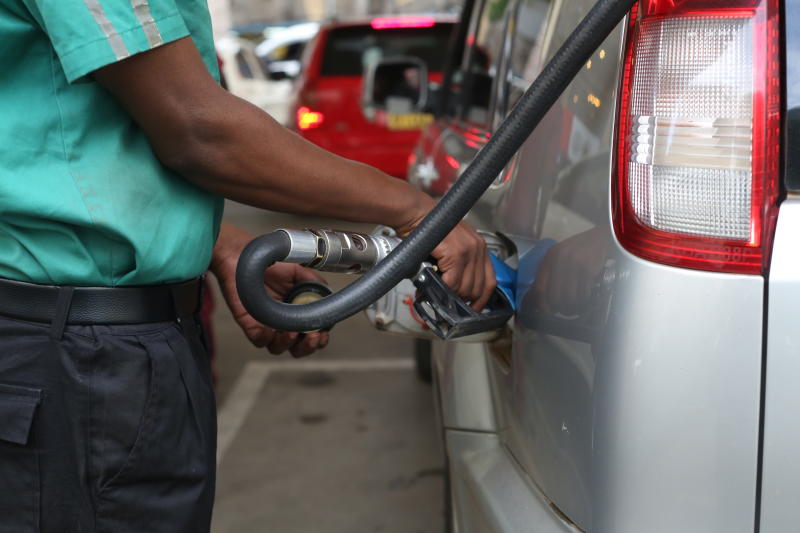A pump attendant fuels a car at the Rubis Petrol (Gas) Station along Koinange Street, Nairobi. [Elvis Ogina, Standard]
×
The Standard e-Paper
Fearless, Trusted News

A pump attendant fuels a car at the Rubis Petrol (Gas) Station along Koinange Street, Nairobi. [Elvis Ogina, Standard]
It is shocking that just a week after the end of the agonising fuel shortage that threatened to cripple the economy, Kenyans are again staring at another crisis. Already, Western Kenya and North Rift regions are reporting empty tanks and pumps at petrol stations.